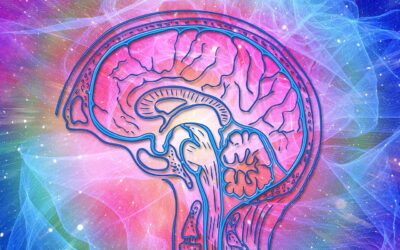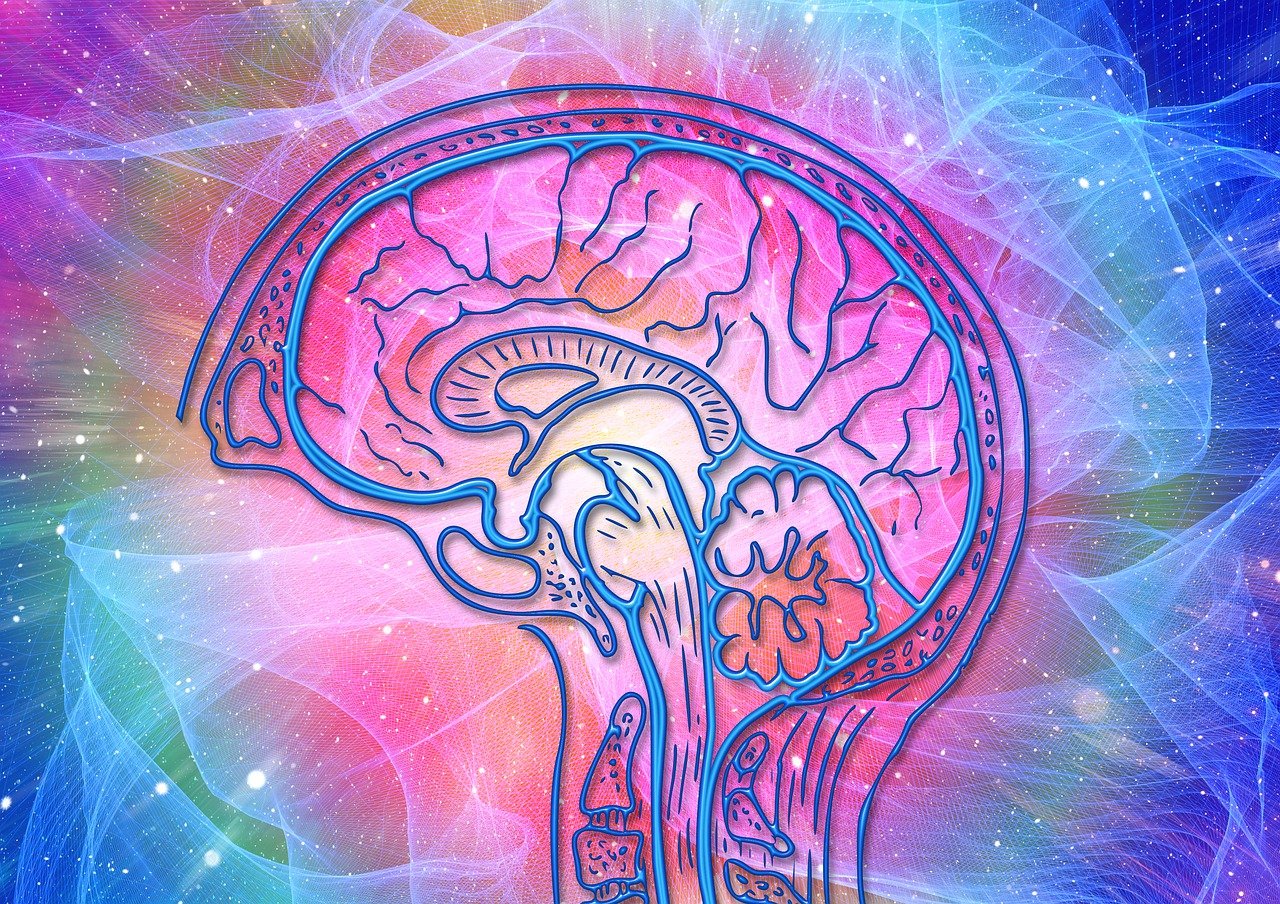Do We Need an AI Code of Ethics?
As artificial intelligence (AI) systems become increasingly powerful and pervasive, a pressing question has emerged in tech circles and beyond: Do we need an AI code of ethics? This query goes beyond academic discourse, touching on practical concerns about AI’s impact on society, business, and individual rights.
The Case for an AI Code of Ethics
AI technologies are reshaping industries, from healthcare to finance, and influencing decisions that affect millions of lives. Without clear ethical guidelines, the risks of misuse or unintended consequences grow.
Mitigating Harm
An AI code of ethics could help prevent harm by setting standards for:
- Privacy protection in data collection and use
- Fairness in AI-driven decision making
- Transparency in AI systems’ operations
Building Trust
Public trust in AI is crucial for its widespread adoption and beneficial use. A well-defined ethical framework could boost confidence in AI technologies among users, regulators, and stakeholders.
Guiding Innovation
Ethical guidelines can provide a roadmap for responsible AI development, helping companies navigate complex moral terrain while fostering innovation.
Current Efforts and Challenges
Several organizations have already taken steps toward establishing AI ethical guidelines:
- Tech giants like Google and Microsoft have published AI principles [1]
- The European Union has proposed AI regulations [2]
- Academic institutions are developing curricula on AI ethics
However, creating a universally accepted AI code of ethics faces several hurdles:
Cultural Differences
Ethical norms vary across cultures, making it challenging to establish global standards.
Rapid Technological Change
The fast pace of AI advancement means ethical guidelines must be flexible enough to accommodate new developments.
Enforcement Mechanisms
Without clear enforcement strategies, even the best-crafted ethical codes may lack real-world impact.
Key Components of an AI Code of Ethics
While there’s no consensus on a single set of AI ethics, several themes recur in proposed frameworks:
Transparency and Explainability
AI systems should be designed to be as transparent as possible, with their decision-making processes explainable to users and stakeholders.
Fairness and Non-discrimination
AI should be developed and deployed in ways that do not perpetuate or exacerbate biases based on race, gender, or other protected characteristics.
Privacy and Data Protection
Ethical AI development must prioritize user privacy and responsible data handling practices.
Accountability
Clear lines of responsibility should be established for AI-driven decisions, especially in high-stakes areas like healthcare or criminal justice.
Human Oversight
While AI can augment human decision-making, ethical frameworks often stress the importance of maintaining meaningful human control over critical systems.
The Path Forward
The question isn’t really whether we need an AI code of ethics—it’s becoming increasingly clear that we do. The real challenges lie in creating, implementing, and enforcing such a code.
Moving forward, several steps are crucial:
- Collaborative Development: Ethical guidelines should be created through collaboration between tech companies, policymakers, ethicists, and other stakeholders.
- Flexibility: Any AI code of ethics must be adaptable, allowing for updates as technology evolves and new ethical challenges emerge.
- Education: Incorporating AI ethics into computer science curricula and professional development programs is essential for fostering an ethical mindset among AI developers.
- Regulatory Alignment: While not replacing legislation, an AI code of ethics should align with and complement legal frameworks.
- Global Dialogue: International cooperation is needed to address the global nature of AI technologies and their impacts.
An AI code of ethics is not a panacea for all the challenges posed by artificial intelligence. However, it represents a crucial step toward ensuring that as AI systems become more advanced and ubiquitous, they align with human values and societal well-being.
The development of such a code is not just an ethical imperative—it’s a business necessity. Companies that proactively address AI ethics are likely to build greater trust with consumers, navigate regulatory landscapes more effectively, and ultimately create more sustainable and beneficial AI technologies.
As we stand on the brink of an AI-driven future, the time to establish clear ethical guidelines is now. The question is no longer whether we need an AI code of ethics, but how quickly and effectively we can implement one.
Sources:
[1] https://www.blog.google/technology/ai/ai-principles/
[2] https://digital-strategy.ec.europa.eu/en/policies/regulatory-framework-ai









